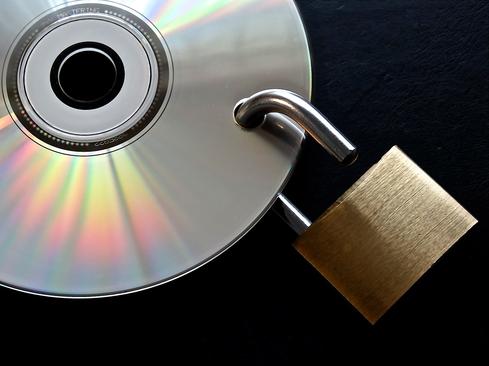Email Privacy Act Wins Sweeping Approval In House
The US House of Representatives has approved the Email Privacy Act by a unanimous vote. That sets the stage for requiring search warrants to review electronic communications older than 180 days.


8 Ways To Secure Data During US-EU Privacy Fight
8 Ways To Secure Data During US-EU Privacy Fight (Click image for larger view and slideshow.)
The US House of Representatives Wednesday unanimously approved the Email Privacy Act, which requires authorities to obtain a search warrant before reviewing electronic communications that have been stored for 180 days or more.
The bill (HR 699), calls for authorities to seek a warrant to review old email, text messages, instant messages, and other forms of electronic communications that have resided on devices and servers for 180 days or more. The bill aims to close the loop on the Electronic Communications Privacy Act (ECPA) of 1986, which requires a search warrant for stored electronic communications less than 180 days old.
The bill, however, does not require authorities to notify users that a warrant has been obtained to review their electronic communications. The Email Privacy Act also makes a distinction between commercial public content, such as advertisements, and content sent to an individual or select group, such as email.
But before the bill can be enacted, it needs approval in the Senate.
Senators Patrick Leahy (D-VT) and Mike Lee (R-UT), along with 25 other cosponsors, have a companion ECPA amendment drafted. In reaction to the Email Privacy Act vote in the House on Wednesday, Leahy and Lee said in a statement:
Today's 419-0 House vote for the Email Privacy Act is an historic step toward updating our privacy laws for the digital age. It should go without saying that law enforcement agents should have to get a warrant to read Americans' emails or retrieve their sensitive information from the cloud -- yet that is not what our statutes currently require. It is long past time to reassure the American people that their online communications are protected from warrantless searches. The Email Privacy Act does just that. As today's House vote shows, it is that rare bill that garners support from the full range of the political spectrum, and that can become law even in an election year. The companion bill that we introduced in the Senate last year has broad support with more than 25 cosponsors, including senior members from both parties. Now that the House has passed this bill by a vote of 419-0, it is time for the Senate act. We urge the Senate to take up and pass this bipartisan, common-sense legislation without delay.
But whether Sen. Chuck Grassley (R-IA), who is chairman of the Senate Judiciary Committee, plans to move the bill forward in an election year has yet to be seen. According to a Reuters report, Grassley will consult with his committee and stakeholders, and then decide how to proceed.

Learn to integrate the cloud into legacy systems and new initiatives. Attend the Cloud Connect Track at Interop Las Vegas, May 2-6. Register now!
Currently, authorities such as the US Department of Justice and the Securities and Exchange Commission (SEC) only need to secure a subpoena and serve it on an Internet service provider to review the data, according to Reuters.
Although federal agencies including the SEC and Federal Trade Commission have voiced opposition to the Email Privacy Act in the past, due to fears it would tip off white collar criminals and allow them to delete evidence, the bill's current language may resolve their concerns, since no prior notice is required that a search warrant has been obtained.
But provisions such as these may have some major tech companies concerned. Microsoft, for example, currently has filed a lawsuit against the US government, seeking to have the right to notify its users when the government is trolling through their email.

About the Author(s)
You May Also Like
How to Amplify DevOps with DevSecOps
May 22, 2024Generative AI: Use Cases and Risks in 2024
May 29, 2024Smart Service Management
June 4, 2024







